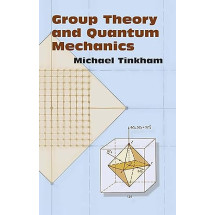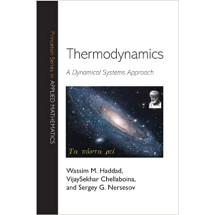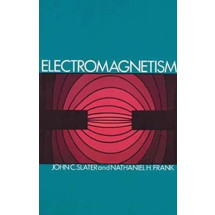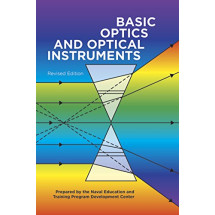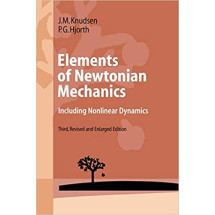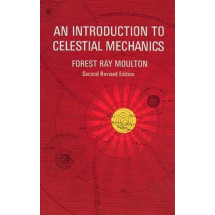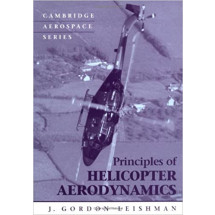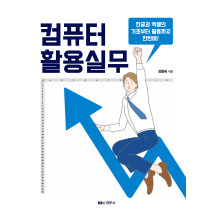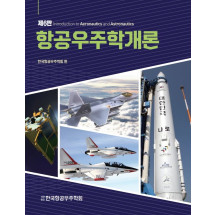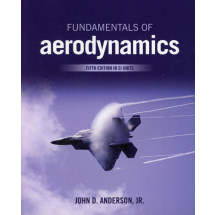In recent years, an unprecedented interest in novel and revolutionary space missions has risen out of the advanced NASA and ESA programs. Astrophysicists, astronomers, space systems engineers, mathematicians and scientists have been cooperating to implement novel and ground-breaking space missions. Recent progress in mathematical dynamics has enabled development of specialised spacecraft orbits and propulsion systems. Recently, the concept of flying spacecraft in formation has gained a lot of interest within the community. These progresses constitute the background to a significant renaissance of research dealing with astrodynamics and its applications.
Modern Astrodynamics is designed as a stepping stone for the exposition of modern astrodynamics to students, researchers, engineers and scientists. This volume will present the main constituents of the astrodynamical science in an elaborate, comprehensive and rigorous manner. Although the volume will contain a few distinct chapters, it will render a coherent portrayal of astrodynamics.
* encompasses the main constituents of the astrodynamical sciences in an elaborate, comprehensive and rigorous manner
* presents recent astrodynamical advances and describes the challenges ahead
* the first volume of a series designed to give scientists and engineers worldwide an opportunity to publish their works in this multi-disciplinary field
Forward
Introduction
1.Perturbed Motion; David A. Vallado CSSI/AGI, Colorado Springs, USA
2. Gauge Freedom in Astrodynamics; Dr. Michael Efroimsky U.S. Naval Observatory, USA
3. Solving two-point boundary value problems using generating functions: Theory and Applications to Astrodynamics; Professor Daniel J. Scheeres and Dr. V.M Guibot, The University of Michigan, USA
4. Low Energy Transfers and Applications; Dr. Edward Belbruno, Princeton University
5. Set Orientated Numerical Methods in Space Mission Design; Dr. Michael Dellnitz University of Paderborn, Germany and Prof. Dr. Oliver Junge Munich University of Technology, Germany
6. Space Trajectory Optimisation and L1-Optimal Control Problems; Professor I. Michael Ross Naval Postgraduate School, USA
7. Orbital Mechanics of Propellantless Propulsion Systems; Professor Colin McInnes University of Strathclyde, UK and Professor M.P.Cartmell, University of Glasgow
8. Cooperative Spacecraft Formation Flying - Model Predictive Control with Open- and Closed-Loop Robustness Professor Jonathan P. How, Professor Louis Breger, Professor Gokhan Inalhan, and Professor Michael Tillerson Massachusetts Institute of Technology, USA,


